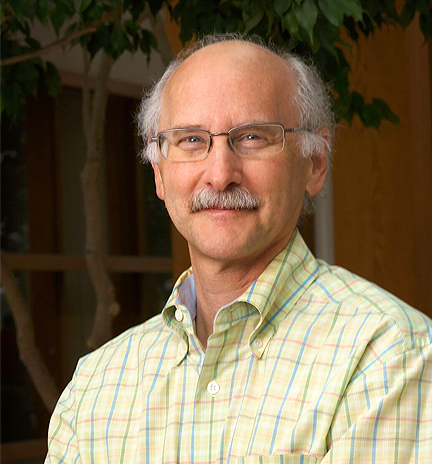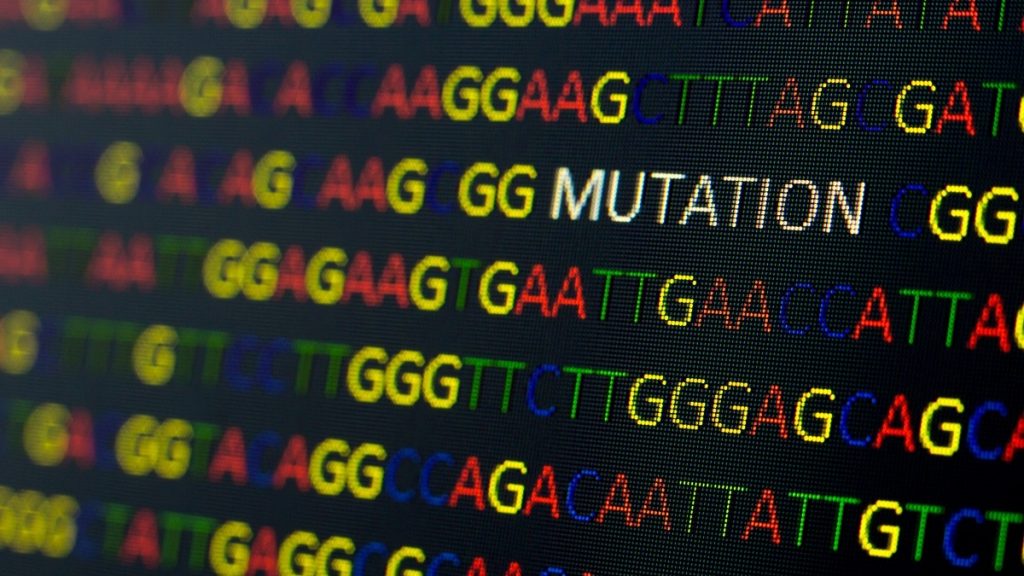Huntsville, Ala. – Two faculty members at the HudsonAlpha Institute for Biotechnology will participate in the American College of Medical Genetics (ACMG) working group to update standards for interpreting genetic sequence variants test results in a clinical setting. Faculty Investigators David Bick, MD, FACMG, and Elaine Lyon, PhD, FACMG, will contribute to the working group.
Bick and Lyon participated in creating the first set of standards for variant interpretation, and now they will help update those standards to account for technological advances.
Resources are constantly improving, and as such, the amount of information that clinical geneticists have access to gets more complicated all the time. The number of tests continues to expand, making it important that laboratory and clinical geneticists have a set of guidelines to help them classify the clinical significance of variants detected by sequencing methods whether they are single genes, panels, exomes or genomes.
Creating rigorous standards helps provide consistency. The interpretation of sequence variants guidelines provide specific terminology, including pathogenic, likely pathogenic, uncertain significance, likely benign and benign. By providing clear guidelines for how to categorize variants, this set of recommendations ensures clinical laboratories and clinicians are on the same page when discussing evidence.
“Firm standards help us all speak the same language,” Lyon explained. “Ideally, variants will be classified the same by any clinical laboratory. It’s important we all use the same evidence and reach the same classification. I’m always honored to contribute to forming these standards.”
“As someone who analyzes hundreds of variants for nearly every case I review,” Bick added, “I know how important it is that we have a strong set of guidelines to work from. That way conclusions are consistent from laboratory to laboratory, clinician to clinician and patient to patient. I’m happy to lend my voice and experience to that effort.”
The working group met at ACMG’s annual meeting in Seattle, in conjunction with an open forum for interested individuals who provided input.
About HudsonAlpha: HudsonAlpha Institute for Biotechnology is a nonprofit institute dedicated to developing and applying scientific advances to health, agriculture, learning, and commercialization. Opened in 2008, HudsonAlpha’s vision is to leverage the synergy between discovery, education, medicine, and economic development in genomic sciences to improve the human condition around the globe. The HudsonAlpha biotechnology campus consists of 152 acres nestled within Cummings Research Park, the nation’s second largest research park. The state-of-the-art facilities co-locate nonprofit scientific researchers with entrepreneurs and educators. HudsonAlpha has become a national and international leader in genetics and genomics research and biotech education and includes more than 30 diverse biotech companies on campus. To learn more about HudsonAlpha, visit hudsonalpha.org.
Media Contact:
Margetta Thomas
mthomas@hudsonalpha.org
256-327-0425




